
The relation between early pregnancy and pimples
Introduction
A woman's body embarks on a transformative and complex journey during pregnancy, marked by myriad physical and hormonal changes. Amidst this vast array of adjustments, the sudden appearance of pimples can indeed surprise some expectant mothers. We often celebrate the "pregnancy glow," but it bears mentioning that certain women may encounter acne breakouts.
The article delves into the correlation between hormonal fluctuations during pregnancy and acne. It offers guidance on mitigating pimple during early pregnancy, emphasising the critical point at which seeking medical attention becomes imperative.
The link between hormonal changes in pregnancy and acne breakouts
During pregnancy, an increase in progesterone levels, a key hormone supporting early foetal development, triggers pivotal hormonal changes that actively contribute to the onset and progression of acne.
1. Progesterone and sebaceous glands
During pregnancy, the ovaries and, later, the placenta produce a hormone called progesterone. This specific hormone stimulates an increase in sebum or oil production by activating sebaceous glands within the skin. The surplus oil can, in fact, obstruct pores and foster a conducive environment for acne formation.
2. Increased blood flow
Pregnancy triggers an increase in blood flow, which supplies additional nutrients and oxygen to nurture the developing foetus. This boost is vital for the baby's well-being. However, it can also intensify skin sensitivity - a potential side effect. Increased oil production, coupled with heightened skin sensitivity, fosters conditions ideal for acne breakouts.
3. First trimester impact
The first trimester often witnesses the most pronounced hormonal changes, as these surges serve not only vital functions for pregnancy but also potentially induce noticeable alterations in the skin. Many women experience an increase in acne during this time.
4. Individual variations
Hormonal fluctuations serve as a common denominator. However, not all pregnant women inevitably experience acne. Genetics, pre-existing skin conditions and overall health factors can determine how an individual reacts to the hormonal changes during pregnancy.
5. Androgens
Typically associated with male hormones, these also actively contribute to the development of acne. Elevated levels of androgens specifically can augment sebum production, a key factor in this process. Throughout pregnancy, a delicate hormone balance exists. Any disruption to this equilibrium can significantly affect the skin.
Expectant mothers must understand the crucial link between hormonal changes and acne. Although society often associates pregnancy with a radiant complexion, the truth remains that varying skin experiences result from hormonal fluctuations. Therefore, approaching these changes as normal and adopting skincare routines tailored to pregnant women's unique needs is of paramount importance.
Tips for managing pimples in early pregnancy
1. Gentle cleansing
Wash your face twice a day with a mild, fragrance-free face wash like the Clearing & Calming Acne Face Wash. This gentle cleansing effectively removes excess oil without causing irritation to sensitive skin.
Note : Before using the facewash we recommend you to consult your gynaeocologist.
2. Hydration
Support your overall skin health by maintaining proper skin hydration. Consistent usage of The Pink Foundry's Acne Care & Healing Gel Moisturiser with Tea Tree & Cica can potentially diminish breakout severity.
Note : Before using the moisturiser we recommend you to consult your gynaeocologist.
3. Healthy diet
Choose a balanced diet abundant in fruits, vegetables, and whole grains. Steer clear of overconsumption of sugary or processed foods. Such excessive intake may trigger acne by contributing to hormonal imbalances.
Also read: How To Create A Healthy Diet For Glowing Skin
4. Regular exercise
Regularly engage in physical activity to promote circulation, thereby benefiting your skin. Be mindful of sweat, and clean your face promptly after exercising to preempt clogged pores.
5. Avoid harsh topical treatments
Before utilising any over-the-counter or prescription medications, consult with your healthcare provider. Certain acne treatments may not be appropriate during pregnancy.
6. Clean bedding and clothing
Wash your pillowcases, sheets, and clothing that regularly make contact with your face. This practice aids in the elimination of bacteria, a crucial step to prevent further irritation.
7. Hands off
Do not succumb to the urge to pick or squeeze pimples. This action may escalate inflammation and potentially cause scarring. Minimise bacterial introduction by ensuring your hands stay away from your face.
8. Use sunscreen
Apply a pregnancy-safe sunscreen such as the Mineral Matte Tinted Sunscreen with at least SPF 30 to protect your skin from the sun. Sun protection is crucial, as certain acne solutions can heighten sensitivity to sunlight.
Note : Before using the sunscreen we recommend you to consult your gynaeocologist.
Also read: How to use Sunscreen Everyday in Right Manner
9. Consult with a dermatologist
Consider consulting an experienced dermatologist specialising in treating pregnant women if your pimples persist or worsen. They can tailor safe and effective skincare options to meet your specific needs.
10. Manage stress
Engage in stress-reducing techniques like deep breathing, meditation, or prenatal yoga, all of which can alleviate the potential for hormonal imbalances. These imbalances may escalate due to stress and subsequently trigger acne breakouts during early pregnancy.
When to seek medical attention for severe breakouts during early pregnancy
Early pregnancy and pimples are considered normal. However, medical attention may be necessary for severe and persistent breakouts. Should pimples in early pregnancy cause emotional distress or significantly impact daily life, it is imperative that one consult a healthcare professional.
Severe acne, in some cases, may indicate an underlying issue like polycystic ovary syndrome (PCOS) or hormonal imbalances. A healthcare provider can conduct a thorough assessment, offering appropriate guidance. Moreover, certain medications prescribed for severe acne might not suit pregnancy. This underscores the significance of seeking professional advice.
Conclusion
In early pregnancy, the gestational process commonly triggers hormonal changes that indeed initiate the onset of pimples. These physical transformations might pose challenges. However, maintaining a balanced perspective is crucial to address them. Tailoring skincare routines for pregnancy's unique needs, adhering strictly to a healthy lifestyle, and seeking necessary medical advice significantly contribute to the effective management of acne breakouts.























































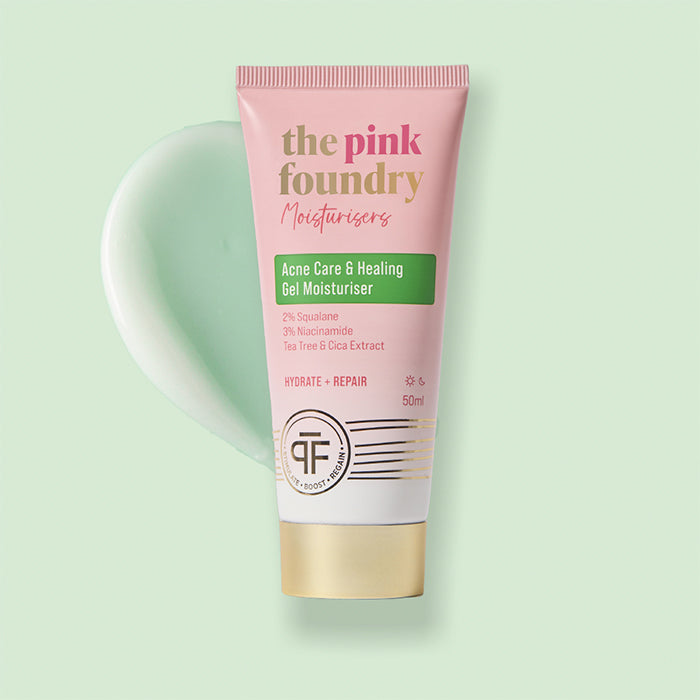

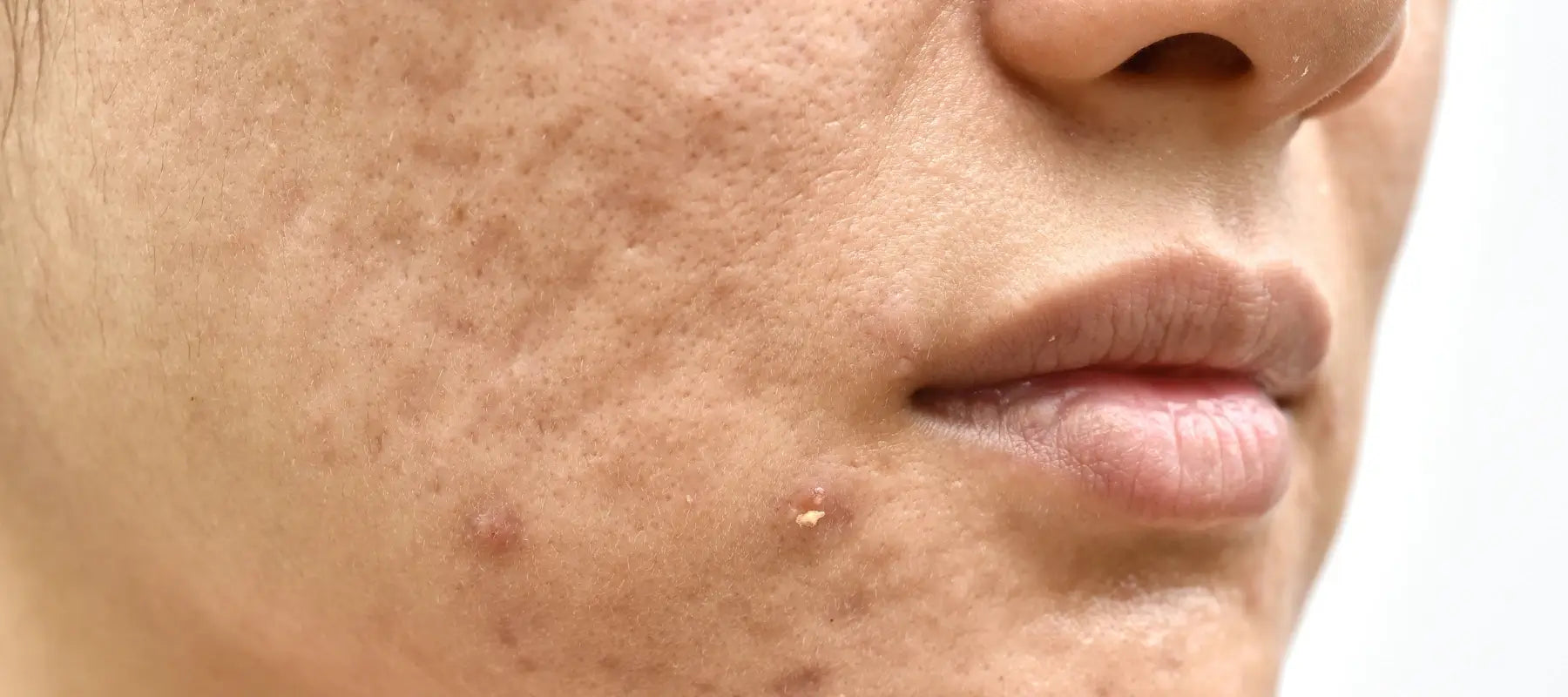
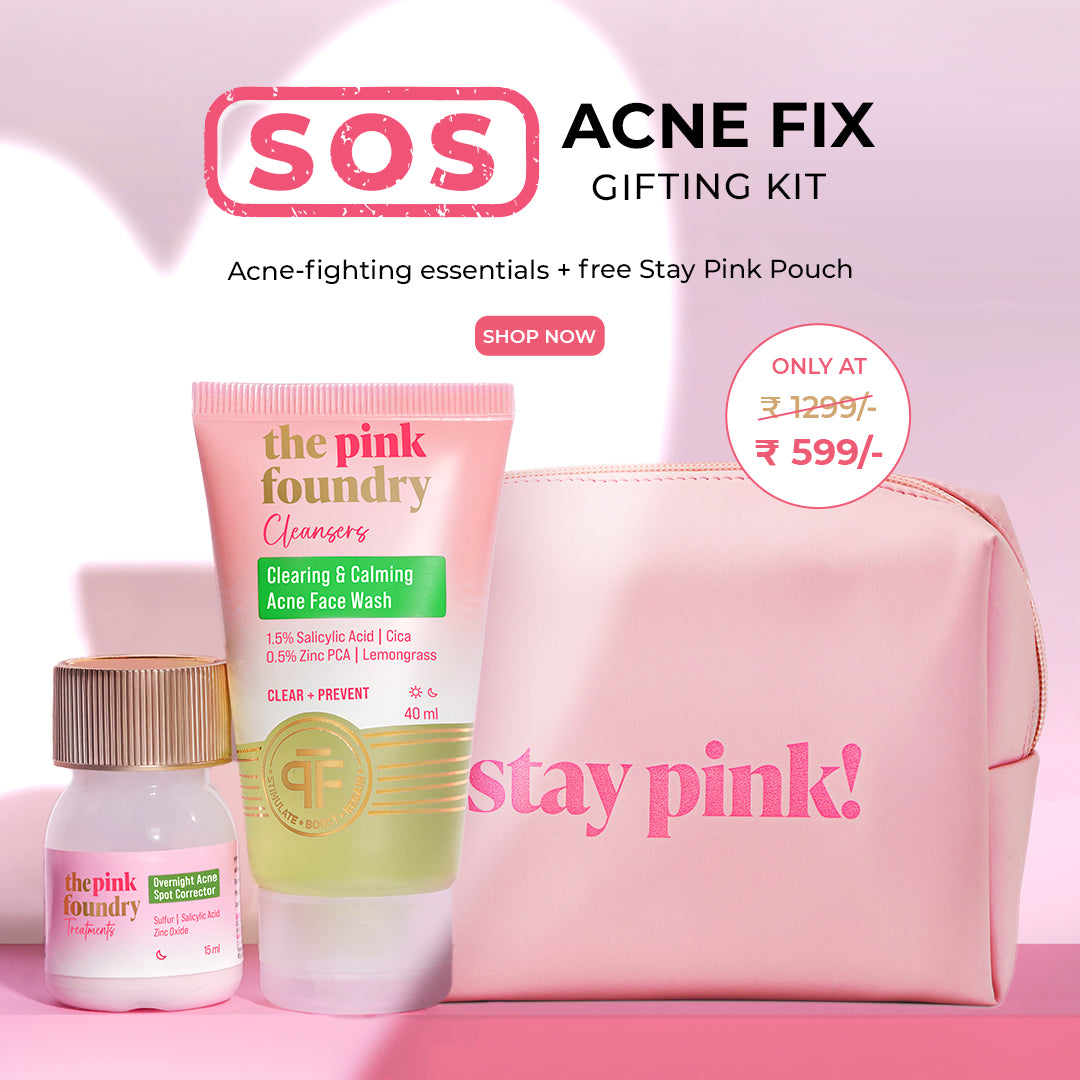
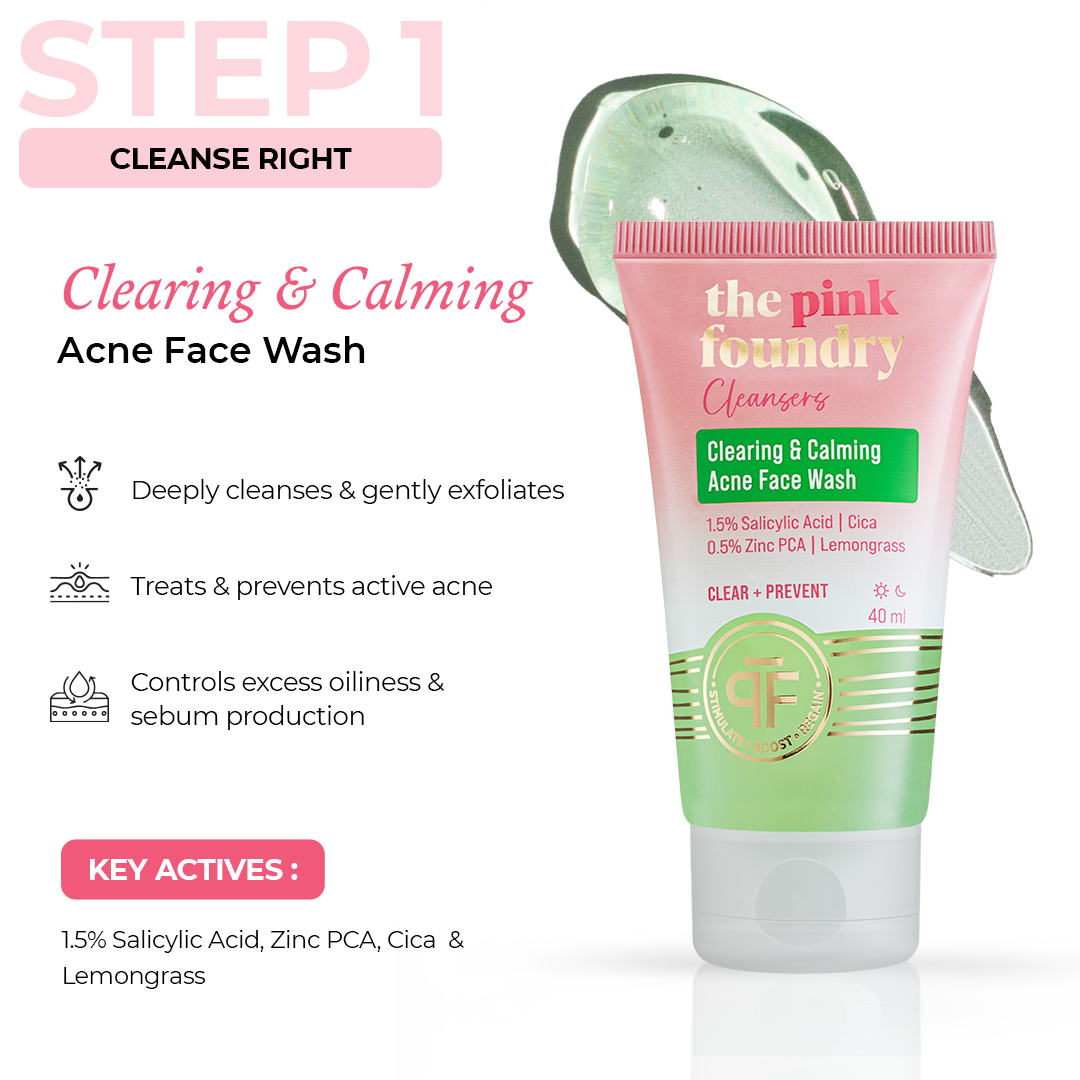




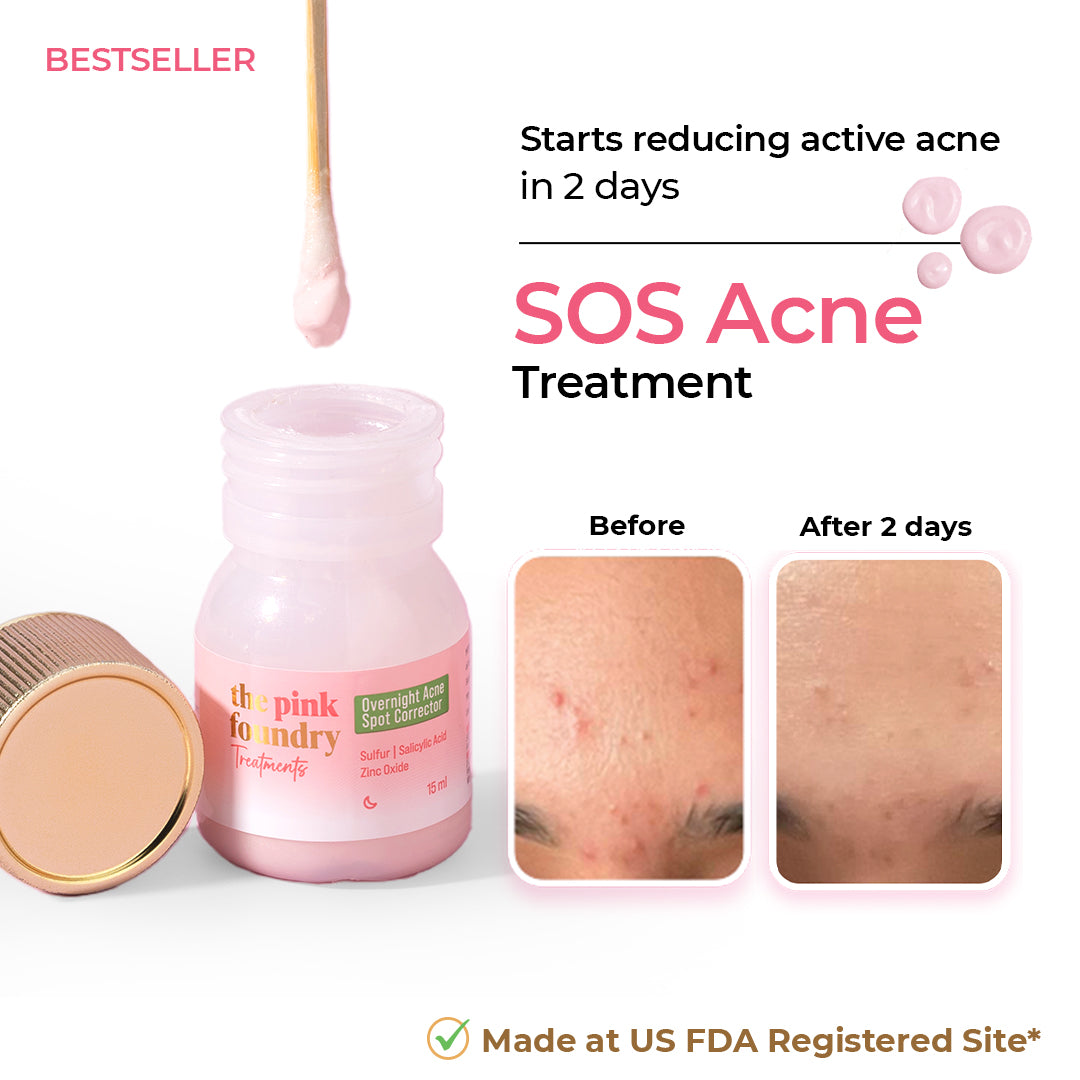
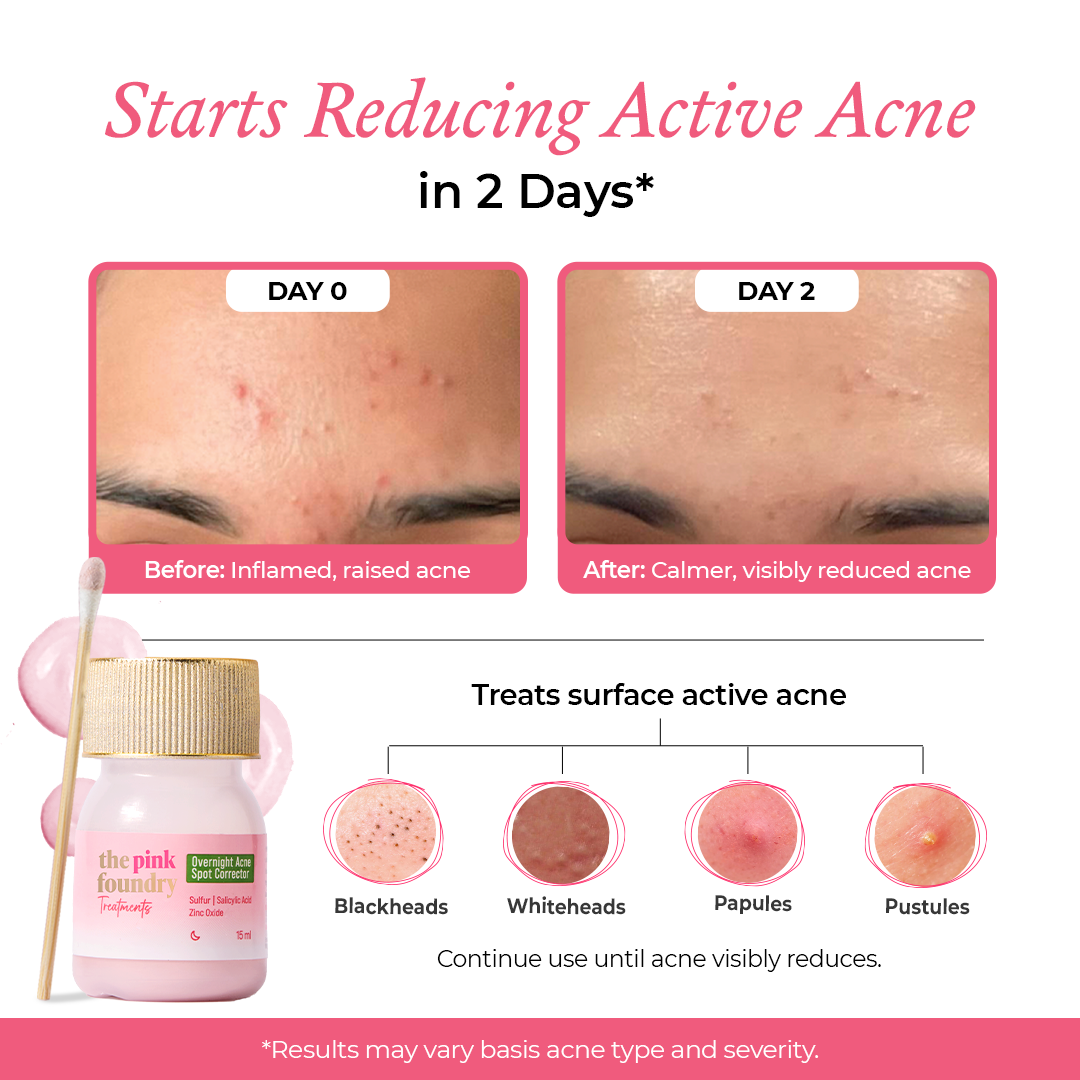








Leave a comment
This site is protected by hCaptcha and the hCaptcha Privacy Policy and Terms of Service apply.